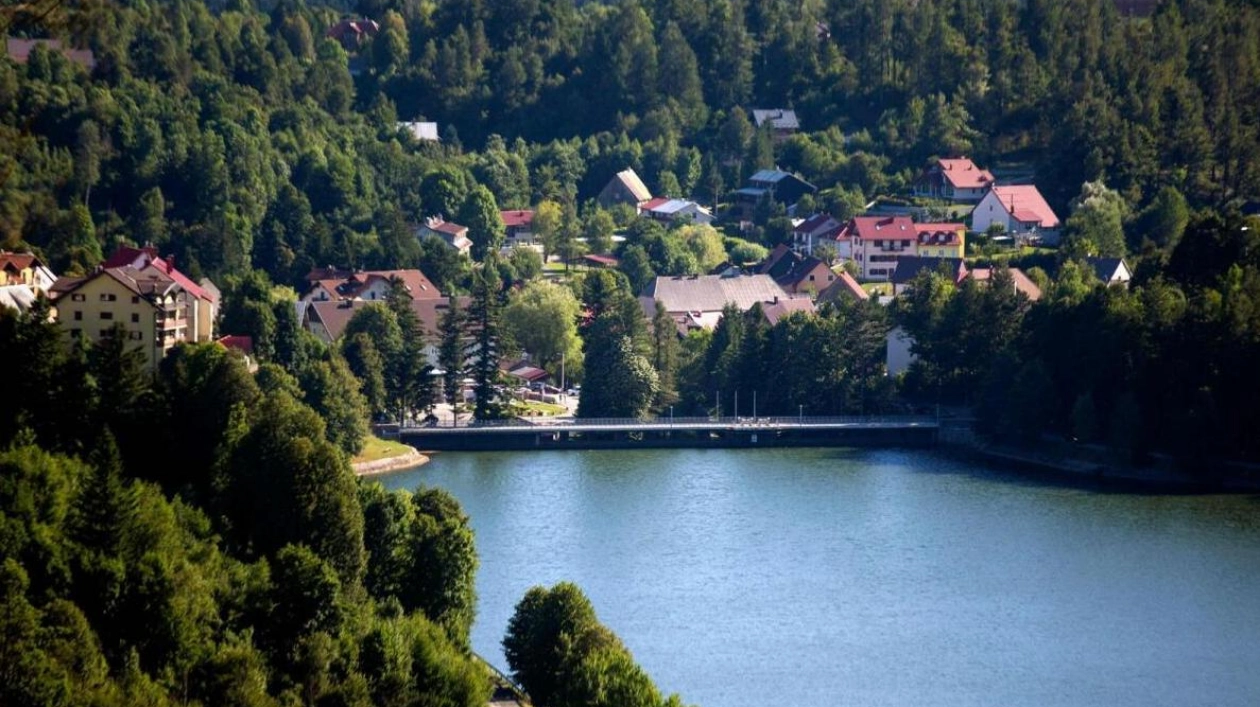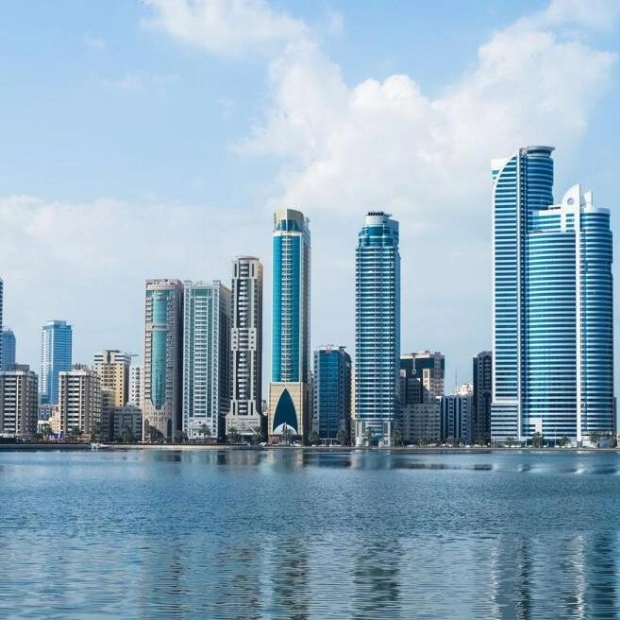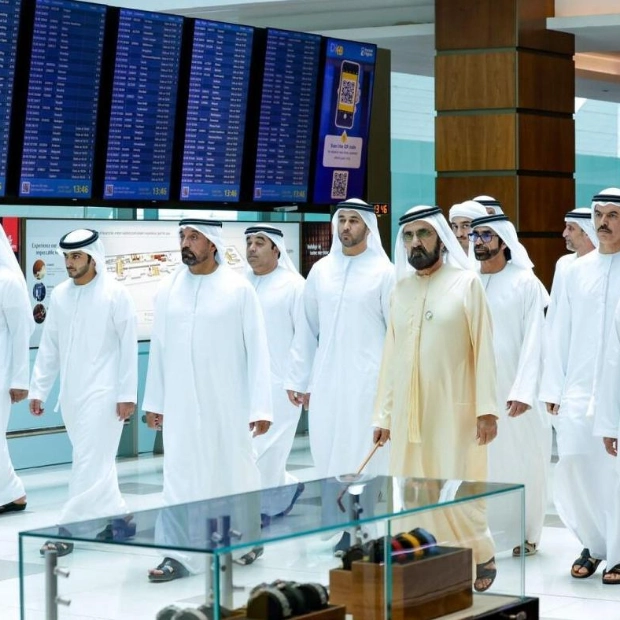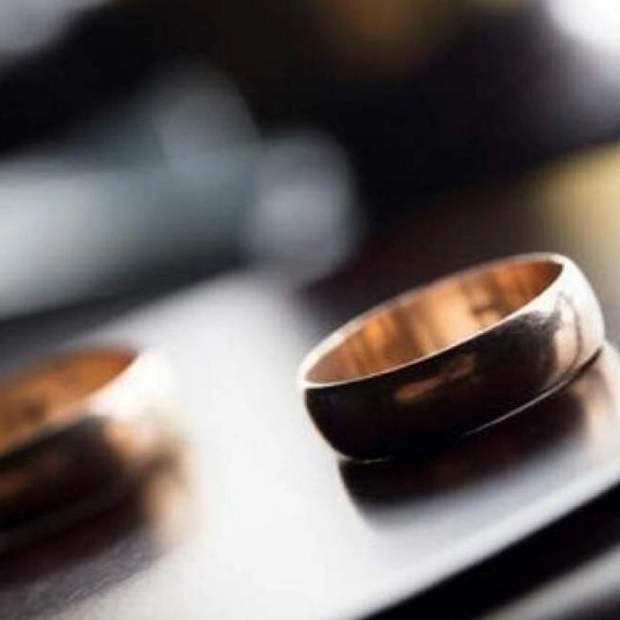In search of respite from the unyielding heat waves, an increasing number of tourists in Croatia are opting for a highland retreat to avoid the escalating seaside temperatures. Croatia is widely celebrated for its magnificent Adriatic coastline, studded with over a thousand islands and islets. However, a mere hour's drive southwest from the capital, Zagreb, lies the village of Fuzine, which presents a mountain haven where temperatures can be up to 10 degrees Celsius (18 degrees Fahrenheit) cooler than on the coast.
"The scenery is stunning and the weather is excellent," remarked American tourist Gerald Bostwick while admiring the landscape. Bostwick journeyed to this serene mountain retreat after a brief stay in the coastal city of Split. "I prefer it here. There's a refreshing breeze. You can sleep comfortably, the temperatures are more agreeable," the Denver retiree told AFP.
Over 60 percent of the mountainous region of Gorski Kotar, southwest of the capital and often dubbed "Croatia's Switzerland," is covered by forests. Its climate features severe, snowy winters and mild summers where daily temperatures seldom surpass 30 degrees Celsius (86 Fahrenheit) and nights are cool. Much like the rest of southeast Europe, Croatia has endured a series of heat waves this summer, with temperatures frequently exceeding 37 degrees Celsius. The Adriatic's clear waters provide minimal comfort, with water temperatures along the coast reaching 29 Celsius.
For tourists in Fuzine, the area offers the perfect blend of coastal and mountain experiences. With the seaside town of Rijeka just a 20-minute drive away, visitors can enjoy the sun on the shore and then seek relief in the mountains. "We visit the coast, swim, and then come back here," said Zeljko Maric, a retired economist from Zagreb. "Here, you need a blanket at night." "We offer a beautiful combination of sea and mountains where one can breathe fresh air and unwind," said Silvija Sobol, the head of Fuzine's tourist office.
Last year, over 50,000 tourists explored the Gorski Kotar area, predominantly from Germany, Italy, the Netherlands, and France. This figure represents a tiny fraction of Croatia's over 20 million annual visitors, who mostly flock to the Adriatic coast. However, with rising summer temperatures attributed to climate change, destinations like Fuzine might attract a larger share of tourists. The region, with its sparse tourist influx, still depends heavily on the timber industry for its economy. Yet, Sobol believes the tourism potential is significant, provided it is developed "wisely and without harming the environment, forests, and its visual identity."
David Bregovac, the mayor of Fuzine, concurs, highlighting the area's lakes as perfect spots for camping and new restaurants while preserving its rustic charm. "Our goal is to use as little concrete as possible," he told AFP. The approach seems to be effective. "This is beautiful," said Ales Zidek, who traveled to Fuzine from the Czech Republic with his girlfriend. After Fuzine, they planned to visit the island of Krk, though they were already concerned it might be too hot.
For locals like Alenka Kauzlaric, who rents an apartment in the village, there is growing pressure to modernize their properties with amenities like swimming pools to accommodate tourists. "Tourism should not become mass tourism," she said. "There's so much more to see and do in Gorski Kotar than just swimming in a pool." Amid discussions about the area's potential future, some prefer it to remain as it is. "Potential is here, but the question is whether they really want all those people here," Bostwick said. "The key is preserving what you have."






